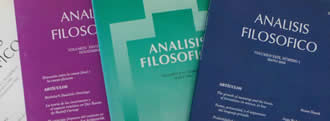In the recent literature on logical consequence, one important topic is the dispute between model-theory and proof-theory accounts as to which framework offers the best formal/technical account of the informal notion of logical consequence. The debate seems to have reached something of a deadlock, which will arguably not be resolved unless we acquire a clearer picture of the informal notion that the formal accounts are supposed to be a model of.
In my talk, I present a historically informed account of the informal notion of logical consequence according to which a deductive proof is best understood from a dialogical perspective. A proof would correspond to a semi-adversarial dialogue between proponent and opponent; they agree on the starting point (premises), and then proponent proceeds in small inferential steps so as to establish the conclusion. Opponent’s job is check whether each of the steps is valid, i.e. where there are no counterexamples where the premises are the case but the conclusion is not, and to make sure that each step is perspicuous and persuasive.
The dialogical account implies that the choice between proof-theory and model-theory with respect to logical consequence is a false dilemma. Each of the two proposals represents one of the sides of the dialogue: the proof-theoretical account represents the perspective of proponent, while the model-theoretic account represents the perspective of opponent. As such, both are required for an adequate account of the informal notion of logical consequence – that is, if the informal notion is indeed essentially dialogical, as I claim it is.





